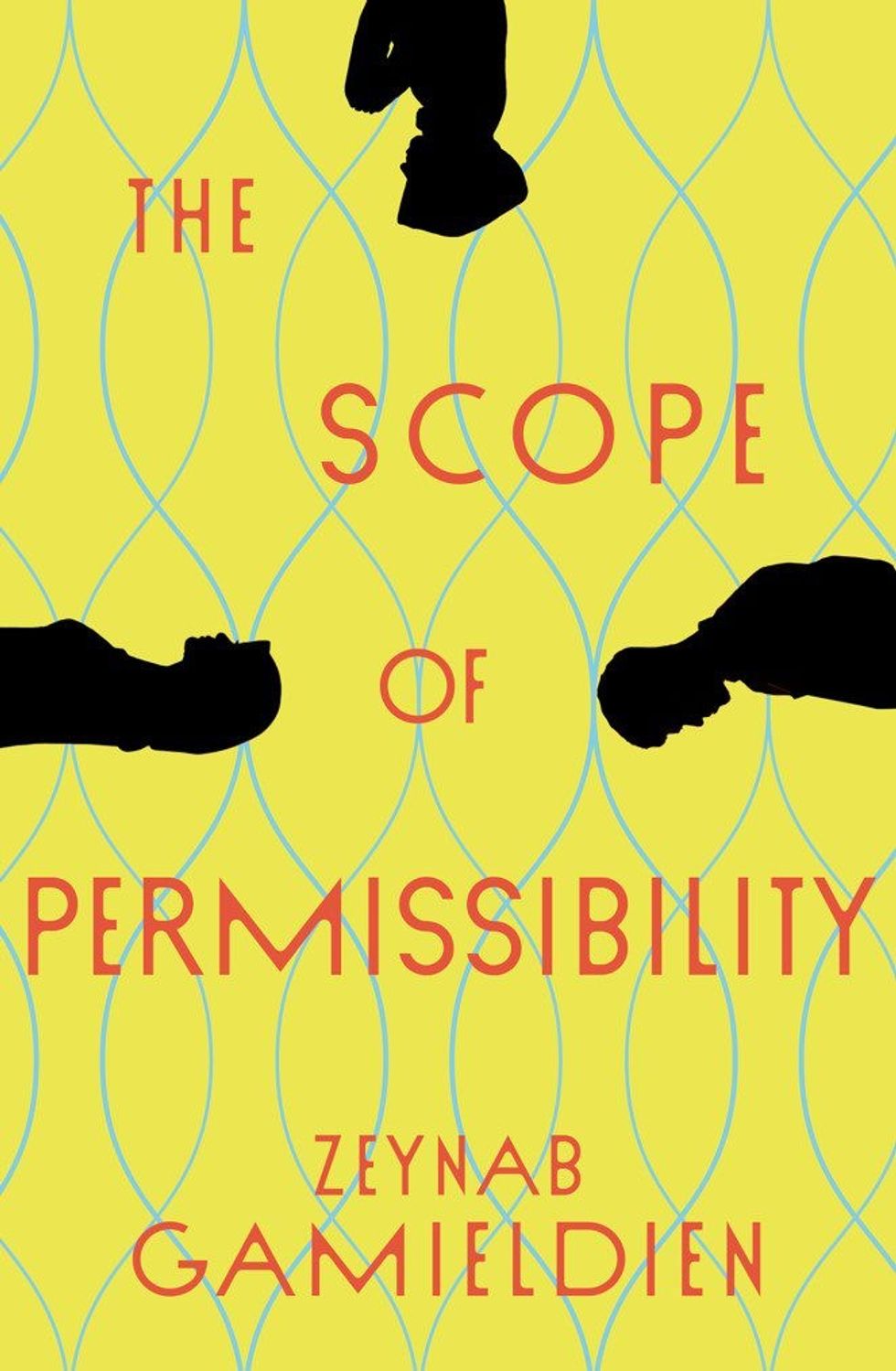THERE have been a lot of campus set stories, but perhaps none have offered the unique perspective of newly published novel The Scope of Permissibility.
The dynamic debut from Australian writer Zeynab Gamieldien follows three friends as they navigate the complexities of university life and adherence to their Muslim faith. The story, much of which was written in the UK, skilfully covers themes of love, secrets, a covert relationship, ambition, belief, friendship, racism, class, identity, and conviction.
Eastern Eye caught up with the author to discuss her deeply emotional debut novel and the biggest challenges of writing it. She also spoke about her inspirations and what makes for a good story.
What connected you to creative writing?
Reading was my first love, and almost as soon as I could read, I felt compelled to write. I had a very vivid imagination as a child (I still do). So, creative writing was a way to capture the many things I conjured up in my mind.
What inspired your debut novel?
I’ve always been interested in the intersection of the personal and political. I wanted to tell a story about growing up brown and Muslim, with all the frailties and challenges of being a young person trying to make your way in the world, but with the additional layer of having to do so in a climate that treats you as an object of fear and fascination. I wanted to unpick what impact that has on people’s most intimate relationships and how it influences and shapes them.
Tell us a little about the story?
The book is told from the alternating perspectives of three university students in Sydney - Sara, Abida and Naeem. All three are members of an on-campus student group called the Muslim Students’ Association, and amidst this tight-knit group, Sara and Naeem begin a covert relationship just as Abida campaigns for the group’s presidency, which threatens Sara and Abida’s friendship and puts all three of them on a direct collision course.
Are any of the characters and situations based on reality?
Like the characters, I went to a university in Sydney and was involved in a variety of faith-based and political student activities. The book is inspired by some of the things I observed and experienced as a young Muslim university student, but not in any direct way.

Who are you hoping connects with The Scope of Permissibility?
As a coming-of-age, campus novel, I think the book speaks to universal themes of identity, belonging, the intensity of first love and friendships. There is also the specific context of the characters being brown and Muslim and navigating the world with these identities, so I hope it will also resonate with people who understand what it is to hold these identities.
What is your favourite moment or passage in the book?
I like some of the lighter moments in the book, for example where the students from the Muslim Students’ Association try to answer people’s questions about Islam or worry about how they’re never going to get married. I find these moments hilarious because they take themselves so seriously, in the earnest way that only 19 and 20-year-olds can. We’ve all been there.
What inspired the interesting title?
The title really cuts to the heart of the book: the things we permit ourselves to do, the things we don’t, and why we draw the lines where we do. The characters are at an age where they’re very much trying to figure out these boundaries. I’m also a big Austen fan, so wanted something that had hints of that.
What was the biggest challenge of writing this book?
Time, and momentum. I wrote the first draft very quickly, but the subsequent edits took a very long time. The book is a product of several years of work, most of it while I was living in the UK, some of it in Australia, so I had to keep up the momentum while doing those cross-continent moves.
What kind of books do you enjoy reading the most?
I love books that tell us something about the world we live in today and challenge me to rethink and reimagine my understanding of things. I’m also a sucker for a good love story.
What inspires you as a writer?
Anything and everything. I find if I’m stuck creatively, reading a new and engaging book tends to get me really excited about writing again. But everyday interactions inspire me too. It could start with a conversation I overhear on the train, and from there it can just grow.
How do you feel ahead of the publication of your debut novel?
Excited, and also slightly terrified. I hope people will relate to the story and enjoy reading it – you can’t really hope for much more than that.
What can we expect next from you?
Hopefully another book or two. Watch this space.
What according to you makes for a good story?
I love books that engage with big ideas like life, death, and power, but also books that are intimate and examine human relationships at a really granular level. I find the best stories will balance both deftly.
Why should we all pick up The Scope of Permissibility?
You should pick up this book if you’re interested in intimate, heartfelt stories about love and friendship and growing up layered in with themes of class, race, and power. Bonus points if you like campus novels and coming-of-age stories, especially with brown and Muslim characters.
The Scope of Permissibility by Zeynab Gamieldien is available now and published by Ultimo Press, £16.99 in hardback.




